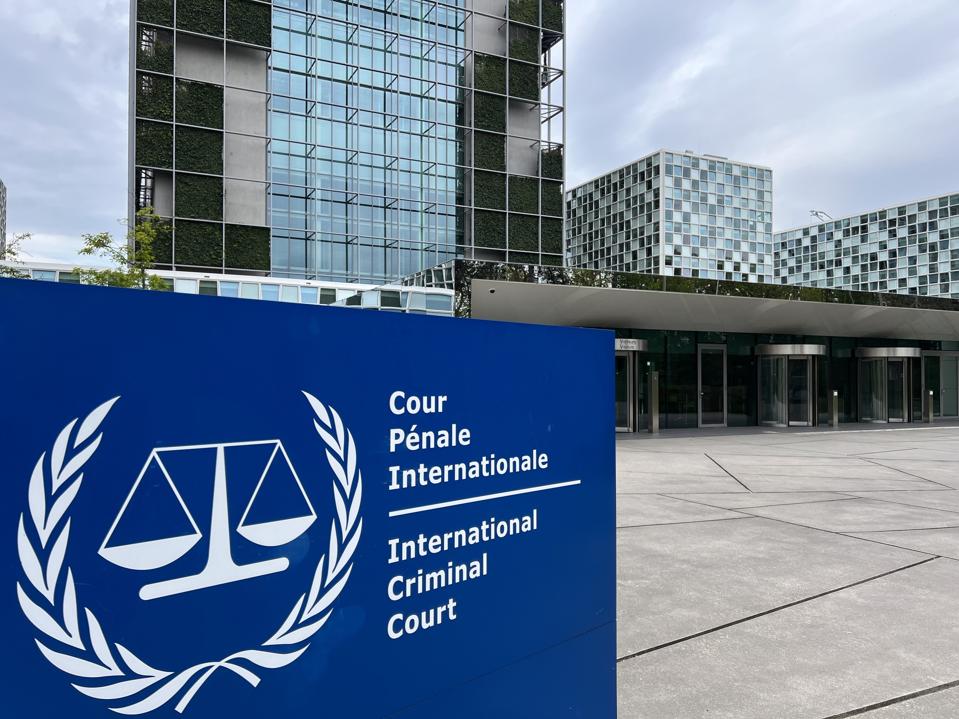On April 3, 2025, Hungary announced its intention to withdraw from the International Criminal Court (ICC). The move came as Israeli Prime Minister Benjamin Netanyahu was about to visit the country. Netanyahu is subject to an arrest warrant from the ICC, standing accused of being responsible for the war crimes of starvation as a method of warfare and of intentionally directing an attack against the civilian population; and the crimes against humanity of murder, persecution, and other inhumane acts from at least October 8, 2023, until at least May 20, 2024. Netanyahu’s visit to Hungary marks his first foreign trip to a country under the jurisdiction of the ICC since the tribunal issued the warrant for his arrest. Hungarian Prime Minister Viktor Orban has condemned the Court’s allegations against Netanyahu. Hungary, a founding member of the ICC, will be the first European Union nation to withdraw from it. In order to initiate the process, Hungary will need to send a written notification to the UN Secretary-General to leave the treaty, with the withdrawal taking effect one year later.
The ICC is the only permanent international tribunal in existence. The ICC may exercise jurisdiction in a situation where genocide, crimes against humanity or war crimes were committed on or after July 1, 2002, and 1) the crimes were committed by a State Party national, or in the territory of a State Party, or in a State that has accepted the jurisdiction of the Court; or 2) the crimes were referred to the ICC Prosecutor by the UN Security Council. As of July 17, 2018, a situation in which an act of aggression would appear to have occurred could be referred to the Court by the UN Security Council, irrespective of whether it involves States Parties or non-States Parties, or in the absence of a referral of an act of aggression, the Prosecutor may initiate an investigation on his own initiative or upon request from a State Party. The ICC is to complement, not to replace, national criminal systems, and as such, it prosecutes cases only when States are unwilling or unable to do so genuinely.
The ICC does not have territorial jurisdiction over Israel, as the country is not party to the Rome Statute. However, the jurisdiction of the ICC could be imposed by virtue of the alleged crimes being perpetrated within the territory of a state party to the Rome Statute – here, Palestine. Indeed, this was the approach taken in relation to Netanyahu.
As a permanent international court without a police force, member states are required to assist with the arrest and surrender of suspects to the Court, to ensure that the Court can do its job effectively. Hungary, as a party to the Rome Statute of the ICC, is legally obligated to cooperate with the Court, including by arresting and transferring indicted persons or providing access to evidence and witnesses. As such, in accordance with its treaty obligations, Hungary should have arrested Netanyahu and sent him to the Hague to stand trial. However, for months, Hungary has been very clear that this would not happen. Indeed, Orban had invited Netanyahu to visit Hungary after the ICC issued the arrest warrant in November 2024. Orban asserted that the ruling would have no effect in his country.
During a joint press conference, Orban asserted that the ICC had become a “political court.” Netanyahu added that the withdrawal “is not only important for [Israel]
, it’s important for all democracies. It’s important to stand up to this corrupt organization that has equated a democracy that is challenged for its very existence by the most horrific terrorist powers on earth.”
Despite Orban’s criticism, it cannot be denied that the work of the ICC is fundamental to ensuring justice and accountability for international crimes. Currently, the ICC is the only court able (and already taking steps) to prosecute Putin for his crimes in Ukraine. Currently, the ICC is the only court in the world taking steps to ensure that the crimes committed by the Taliban against women and girls in Afghanistan are addressed. Currently, the ICC is the only court considering steps against Belarusian leaders for their crimes against the people in the country. Too often, the ICC is the only court able to investigate and prosecute international crimes that no other court can or is able or willing to. Without the ICC, the prospects of justice and accountability for international crimes are significantly diminished.

